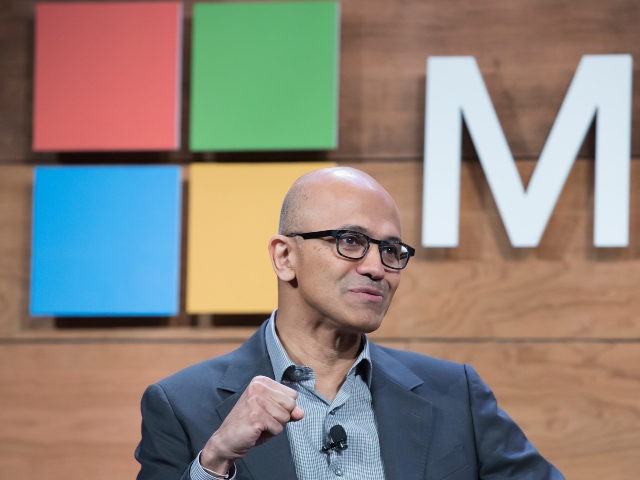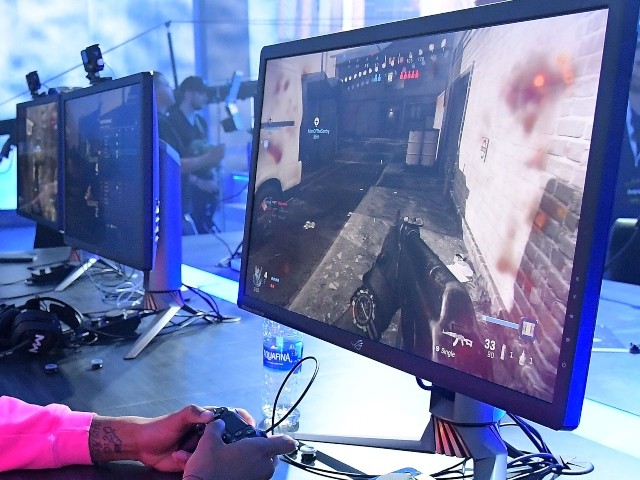Microsoft has accused the Federal Trade Commission (FTC) of violating its fifth amendment rights to due process by blocking its attempted acquisition of Activision-Blizzard, one of the world’s largest game development and publishing companies.
Activision-Blizzard is itself the result of a merger between two highly successful companies, Activision (publishers of the Call of Duty franchise) and Blizzard (creators of Warcraft, Starcraft, and Diablo). By acquiring Activision-Blizzard, Microsoft (creators of the Xbox game console and publishers of the Halo and Age of Empires franchises) would become the third-largest video games company in the world.
The FTC filed a lawsuit earlier this month attempting to block the deal, arguing the $69 billion deal — the largest in the history of the video games industry — would allow Microsoft to suppress competitors to the Xbox console, its subscription games business, and its cloud-based games business.
The FTC pointed to Microsoft’s previous acquisition of ZeniMax, parent company of Bethesda Softworks, and subsequent decision to make a number of ZeniMax titles exclusive to Microsoft platforms.
GameInformer reports on Microsoft’s counter-arguments:
Now, Microsoft has fired back with a response, saying the FTC is violating their fifth amendment rights to due process.
The full document (which you can read here) claims that the deal should be allowed to go through for several other reasons as well, stating that Xbox and Activision Blizzard are “just two of hundreds of game publishers.” The claims that the FTC violates the constitution are listed on page 34 and are just a handful of defenses against the lawsuit in a list of two dozen.
While the basis of the FTC’s lawsuit is that Microsoft’s deal will suppress the competition by limiting access to certain titles, Microsoft’s response claims that “Xbox wants to grow its presence in mobile gaming, and three-quarters of Activision’s gamers and more than a third of its revenues come from mobile offerings.” The FTC does not appear to be concerned with this (their complaint excludes mobile gaming as a relevant market) and instead focuses on the fact that Microsoft will own one of the largest game franchises in the world: Call of Duty.
The core of the case is the contention that Microsoft will make major titles exclusive to its platforms. The FTC points to two upcoming ZeniMax titles, Starfield and Redfall, which Microsoft made exclusive despite assurances to European antitrust regulators that it had no incentive to exclude games from rival consoles.
In response, Microsoft might point to previously acquired titles that it has not made exclusive to its platforms, notably Minecraft, which was ported to PlayStation and Nintendo platforms following its acquisition by Microsoft in 2014. Microsoft has also pledged to keep Call of Duty on PlayStation consoles, in addition to a promise to port the series to Nintendo and Valve platforms.
Allum Bokhari is the senior technology correspondent at Breitbart News. He is the author of #DELETED: Big Tech’s Battle to Erase the Trump Movement and Steal The Election.



COMMENTS
Please let us know if you're having issues with commenting.